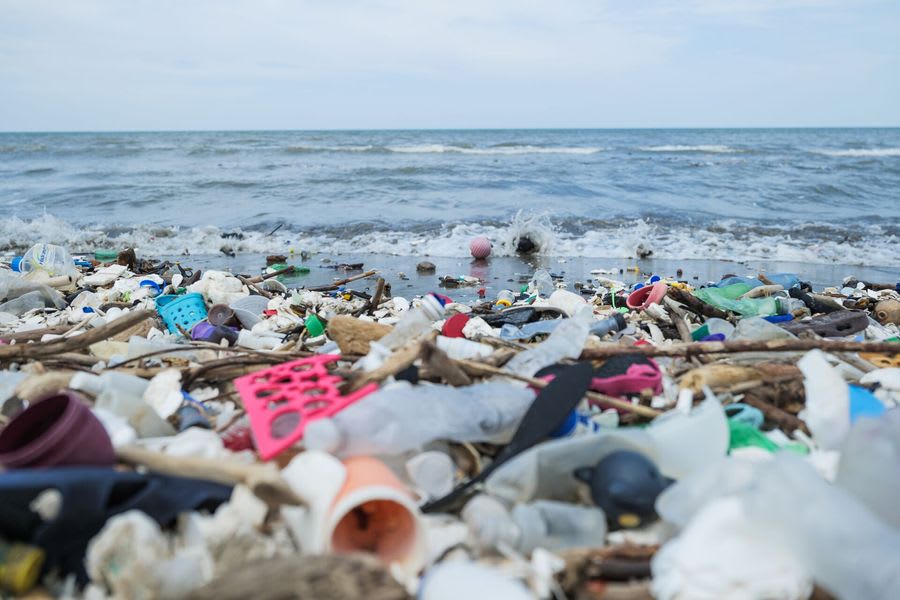RFK Jr. – Truth Teller or Fear Monger?
Four Decades of Environmental Success Kennedy’s supporters point to an impressive record of environmental achievement that spans over 40 years. His work with the Hudson River cleanup earned him recognition as TIME Magazine’s “Hero for the Planet,” transforming one of America’s most polluted waterways into what is now described as “the richest waterway in the North Atlantic”. Through his leadership of Riverkeeper and later the Waterkeeper Alliance, Kennedy helped create a global movement that
RFK Jr. – Truth Teller or Fear Monger? Read More »










